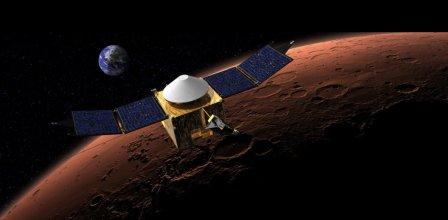
CHENNAI (PTI): With the Mars Orbiter Mission completing two years, ISRO on Monday said it will be doing a "major event" of effecting a manoeuvre on the Orbiter next year to reduce the impact of an "eclipse duration" to allow the spacecraft "survive" for more time.
ISRO Chairman A S Kiran Kumar said the MOM had completed two years on Sunday, although its original mission life was slated to be six months, and that the space agency had released a lot of first year data beamed by its five payloads.
"Our next major event in the Mars Orbiter will be sometime in the beginning of next year when we will be doing a manoeuvre to reduce the impact of the eclipse duration the satellite is going to encounter," he told reporters here.
He said during an eclipse the battery in the satellite has to support its operation and if the eclipse duration is "very long" then the battery may not be able to support it.
"So we intend to do a manoeuvre of the spacecraft so that the impact of eclipse duration will reduce and with that we will be able to survive for many more years because the satellite still has large (amount of) fuel left in it," he added.
The MOM, also called Mangalyaan, was successfully launched on November 5, 2013 by ISRO's PSLV-C25 from Satish Dhawan Space Centre. After a 300-day journey in deep space, it was successfully inserted into Martian orbit on September 24, 2014.
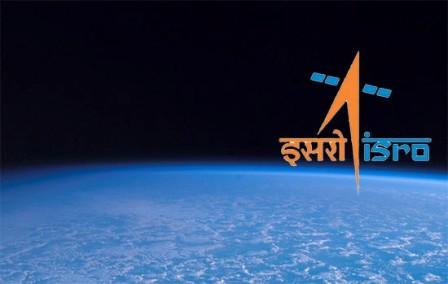 Previous Article
Previous Article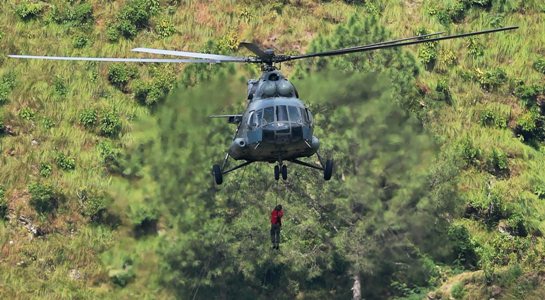 Next Article
Next Article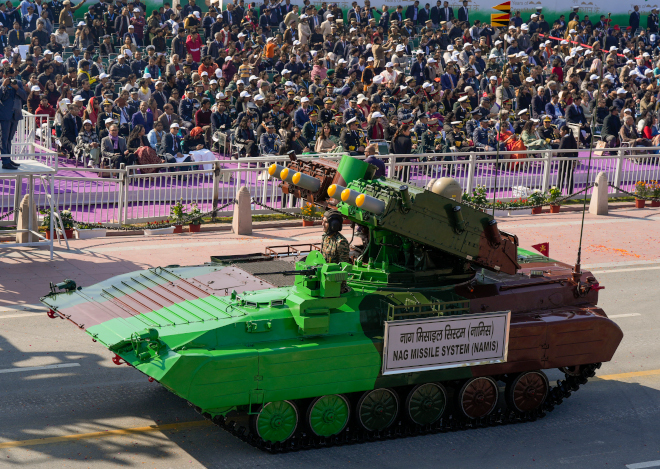
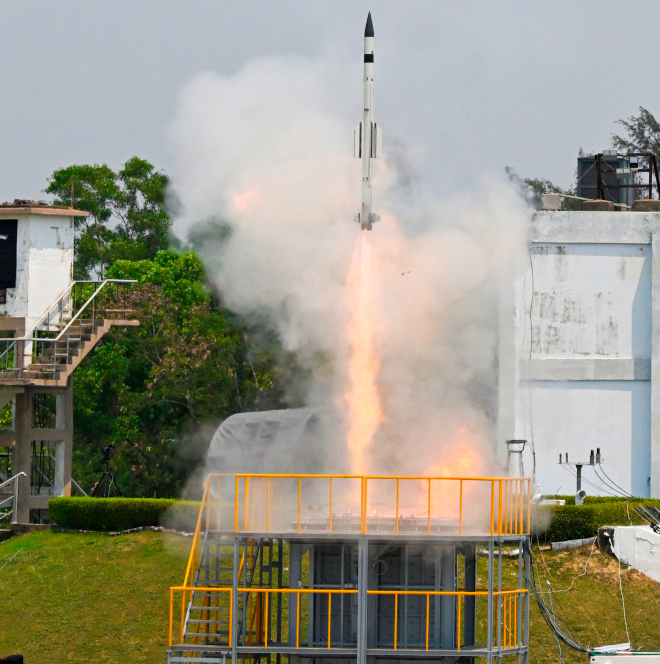
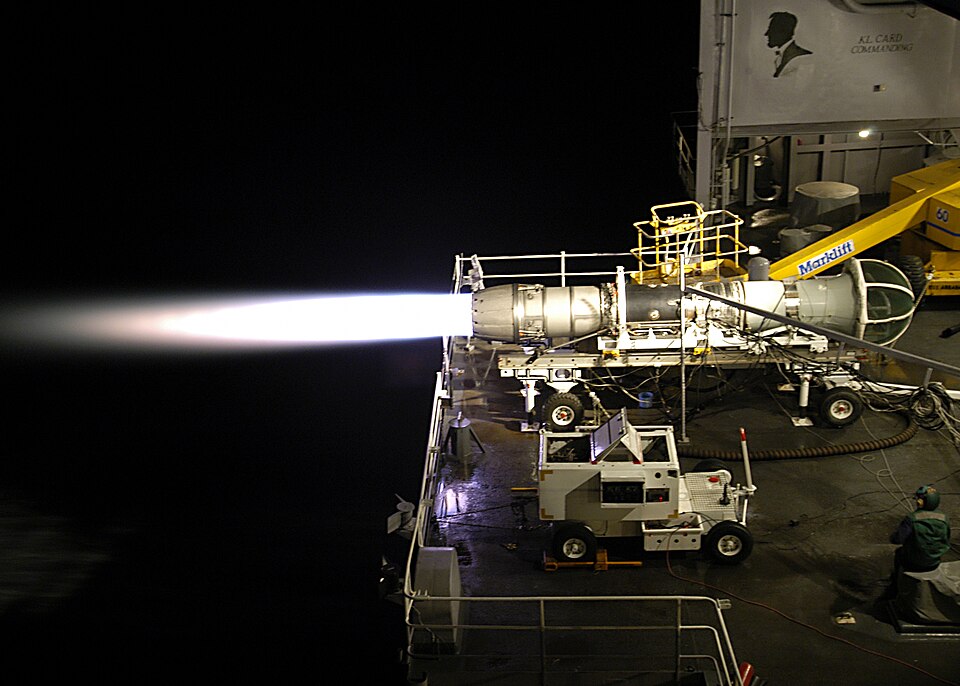











The Indian Air Force, in its flight trials evaluation report submitted before the Defence Ministry l..
view articleAn insight into the Medium Multi-Role Combat Aircraft competition...
view articleSky enthusiasts can now spot the International Space Station (ISS) commanded by Indian-American astr..
view article